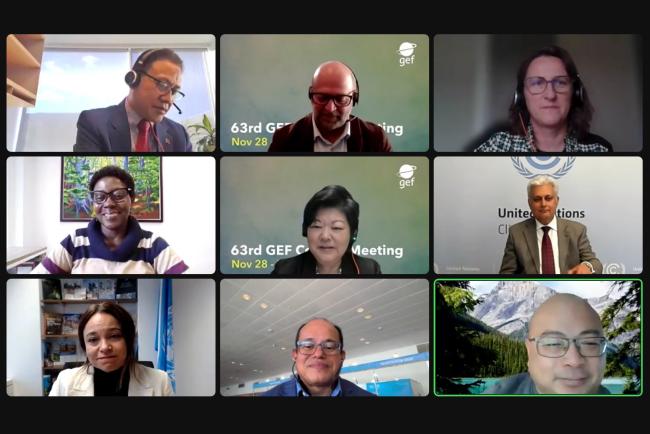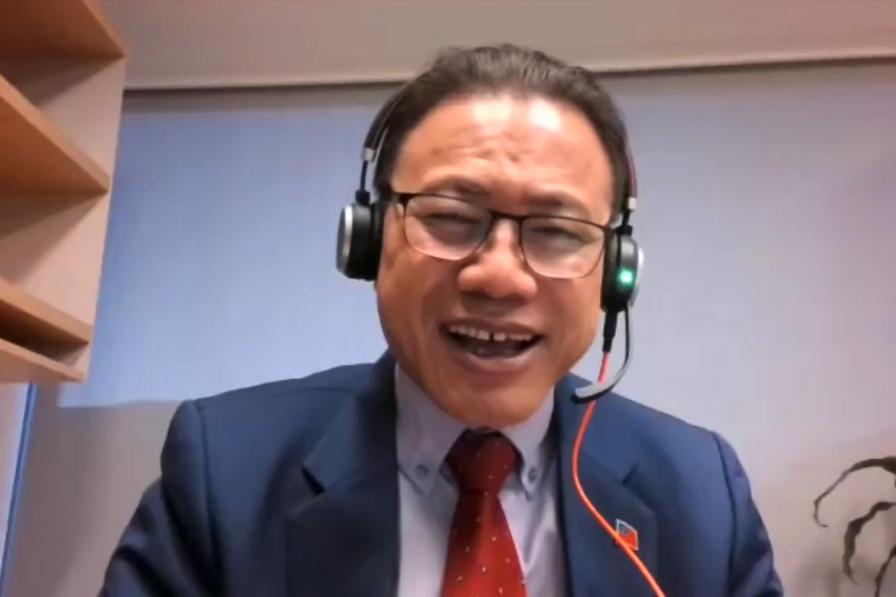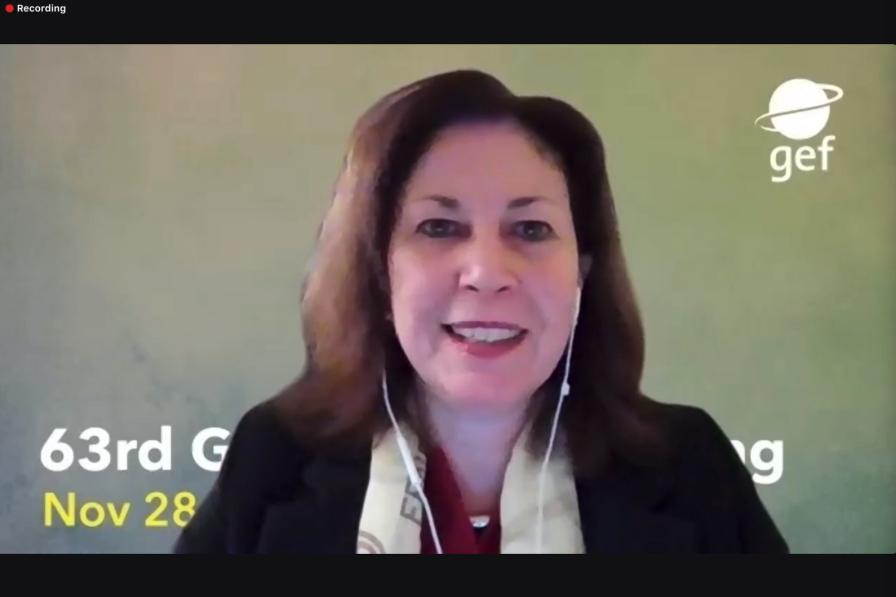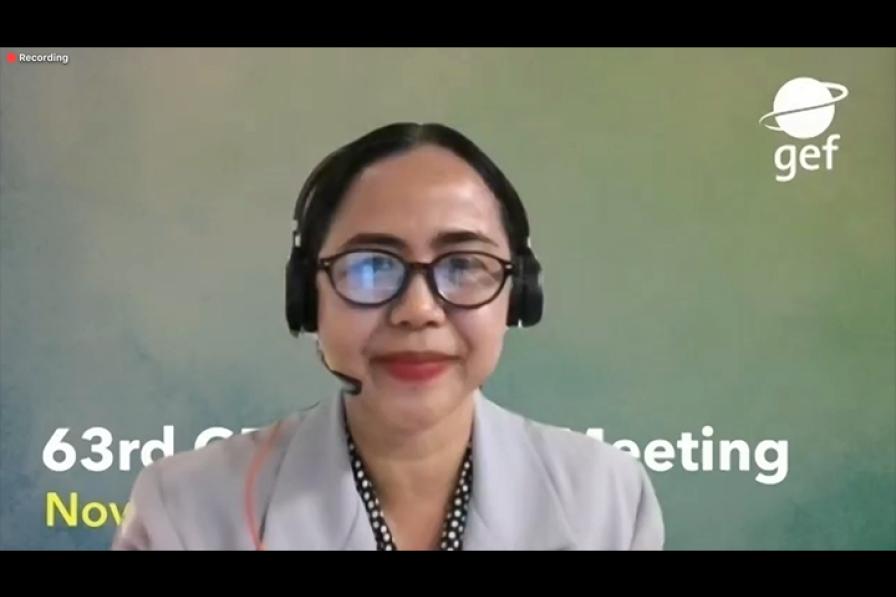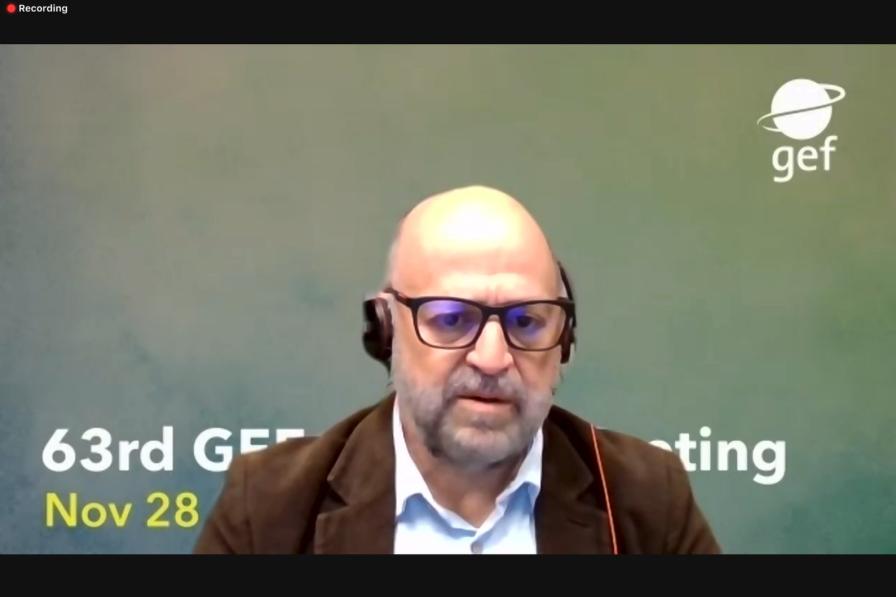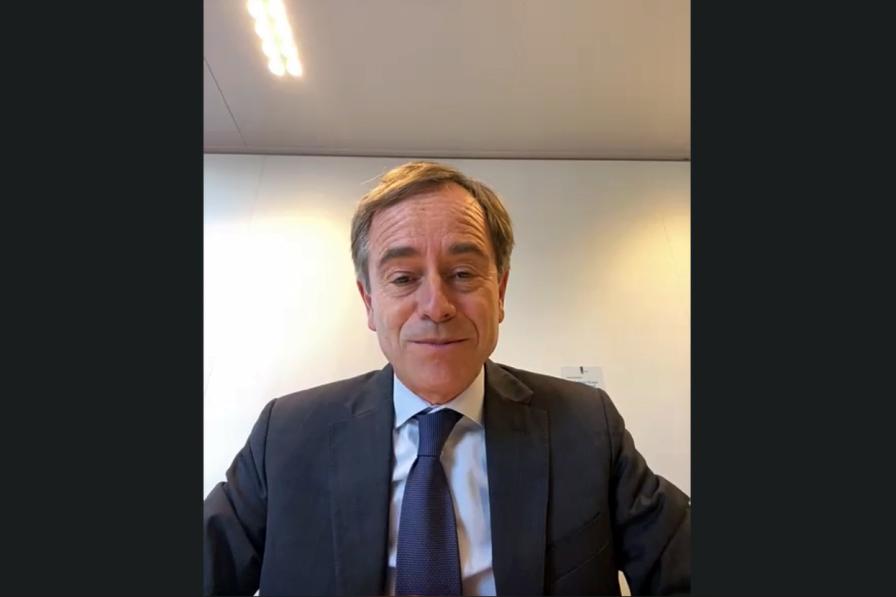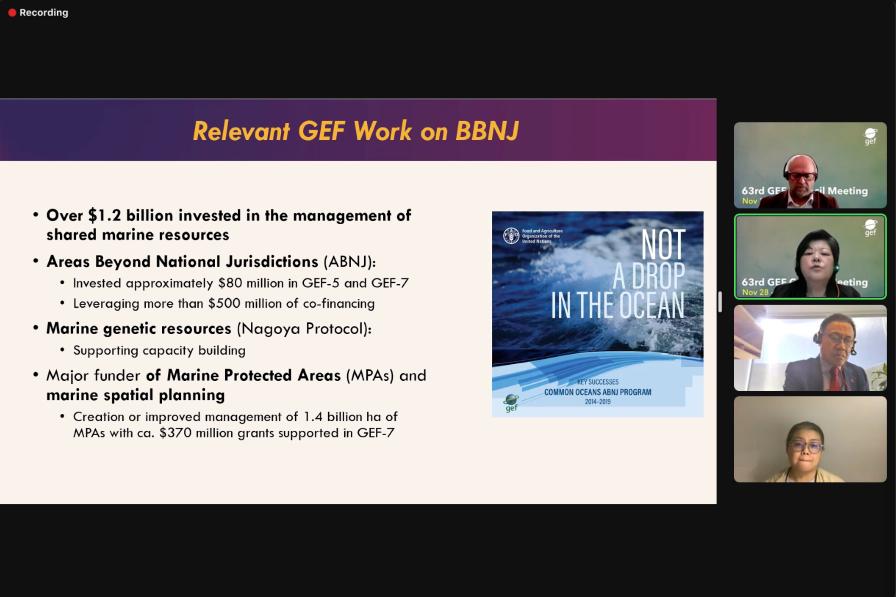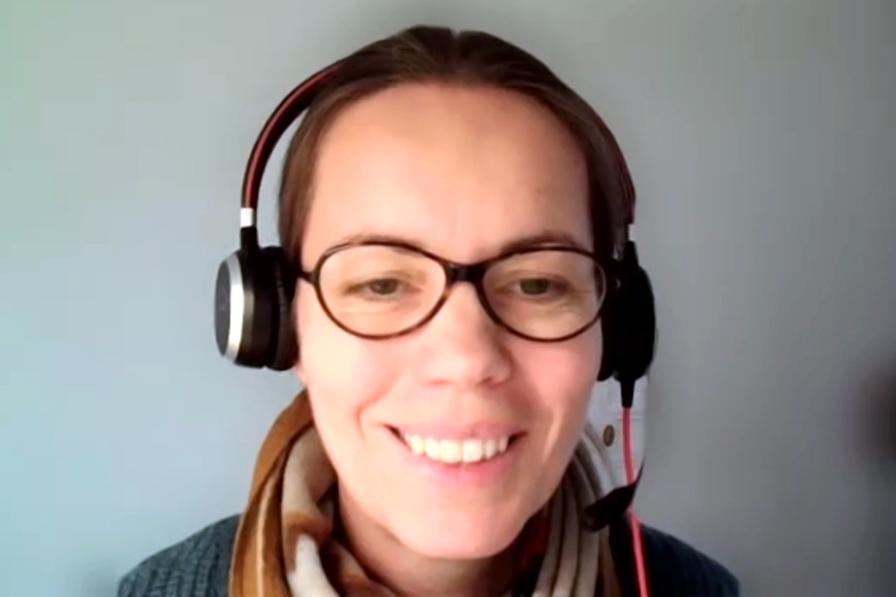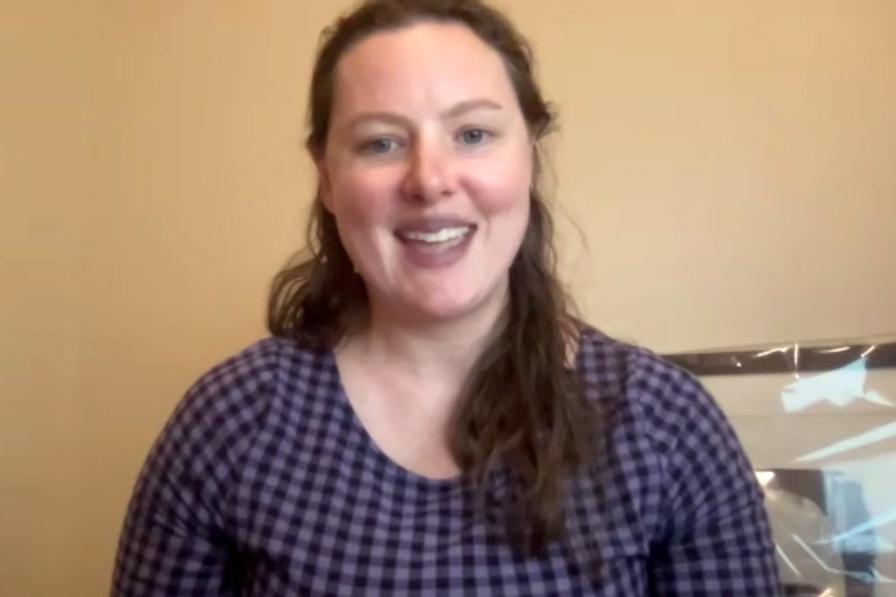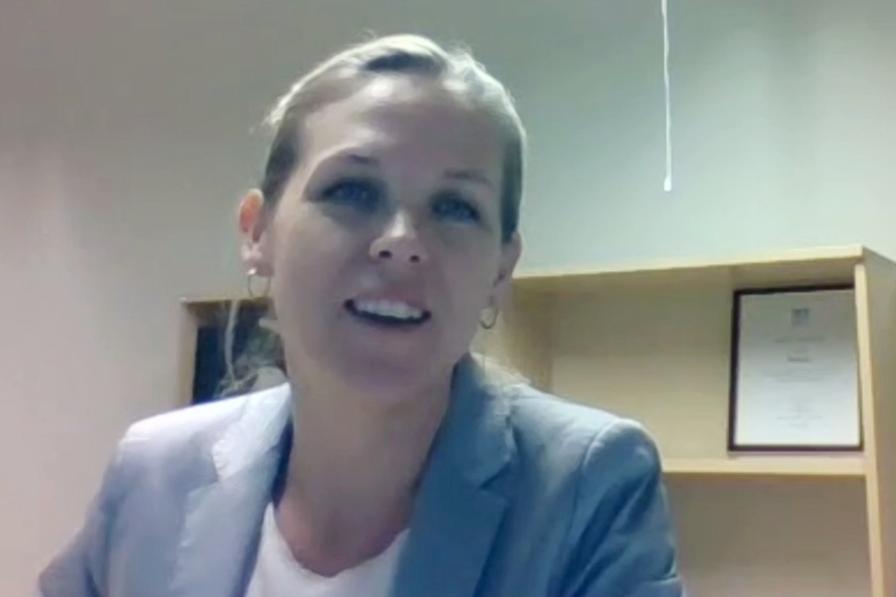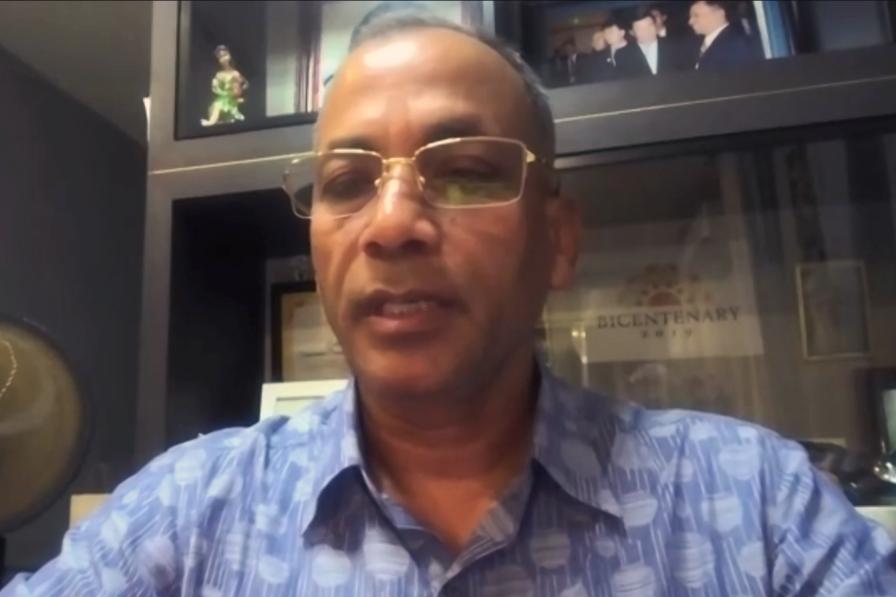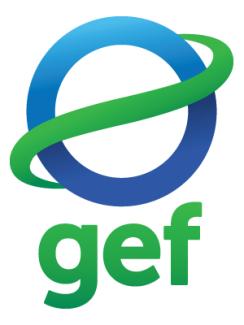On Thursday, the 63rd Meeting of the Global Environment Facility (GEF) Council was addressed by the heads of several of the international environmental conventions served by the GEF, with GEF CEO Carlos Manuel Rodríguez stressing how important it is for the Council to hear about the conventions’ priorities and perspectives.
Elizabeth Mrema, Executive Secretary, Convention on Biological Diversity (CBD), reported on efforts to finish negotiations on the post-2020 global biodiversity framework (GBF) for its adoption at the upcoming 15th Conference of the Parties (COP 15) to the CBD. She highlighted three expected COP 15 decisions relevant to the GEF: adoption of the GBF and its review and monitoring framework; resource mobilization, including the possibility of an additional fund or funds; and access and benefit sharing in relation to digital sequence information on genetic resources.
Rolph Payet, Executive Secretary, Basel, Rotterdam and Stockholm (BRS) Conventions Secretariat, highlighted the importance of the upcoming Stockholm Convention deadline on Polychlorinated Biphenyls (PCBs) phaseout, and said he looked forward to discussing how to leverage GEF-8 to meet the deadline.
Monika Stankiewicz, Executive Secretary, Minamata Convention, expressed her Secretariat’s interest in working with the GEF to identify opportunities to address mercury risks across GEF focal areas, and also noted the next COP will undertake the second review of the Convention's financial mechanism, “an important milestone in further shaping our relations with GEF.”
UN Framework Convention on Climate Change (UNFCCC) Deputy Executive Secretary Ovais Sarmad highlighted key outcomes of the UNFCCC COP 27, including the adoption of a decision to create a fund for loss and damage and the political signals indicating that fossil fuels need to be phased out. He emphasized that the role of the GEF as operating entity of the financial mechanism under the UNFCCC and the Paris Agreement is now more crucial than ever.
Andrea Meza Murillo, UN Convention to Combat Desertification (UNCCD) Deputy Executive Secretary, called for radical collaboration to accelerate a system change that transforms economies and societies. She said GEF-8 can play a critical part in the adoption of solutions with multiple benefits and in determining the trajectory of the society to become Land Degradation Neutral, nature-positive and resilient.
On Thursday, Paola Ridolfi, GEF Secretariat, introduced the Progress Report on the Implementation of the GEF Gender Implementation Strategy, noting, among other things: 100% of projects at CEO endorsement/approval stage containing a detailed gender analysis and plans for a gender-responsive results framework; a rigorous review of Agency compliance with GEF policy; and support for activities to operationalize the policy. Verona Collantes, GEF Secretariat, outlined the Secretariat’s plans for the way forward, including: undertaking a gap analysis of relevant GEF policies and guidelines; ensuring gender entry points in the Integrated Programs; and reconvening the GEF Gender Partnership.
The Council also heard a presentation on the GEF’s Private Sector Implementation Plan. Matthew Reddy, GEF Secretariat, introduced the GEF Private Sector Engagement Strategy Annual Report 2022 and the Private Sector Engagement Implementation Plan. He said the report covers 254 projects and identifies:
- engagement of 1410 private sector entities;
- private sector co-financing of USD 1.2 billion;
- 36 multi-stakeholder platforms engaged in the projects; and
- a large number of women’s private sector networks, cooperatives and associations engaged in GEF projects.
Lastly, on Thursday, the Council considered the proposed framework for GEF’s role in a financial mechanism for the internationally legally binding instrument under negotiation under the United Nations Convention on the Law of the Sea on the Conservation and Sustainable use of Marine Biological Diversity of Areas Beyond National Jurisdiction (BBNJ).
Chizuru Aoki, GEF Secretariat, presented the proposed framework, highlighting elements related to governance, GEF support, operations and strategy requirements, and convention obligations. She said GEF work on the BBNJ agreement could fall under the GEF’s International Waters Focal Area.
Rena Lee, President, BBNJ Intergovernmental Conference (IGC), briefed Council on the status of negotiations, and the general support of IGC negotiators for the GEF to serve as the financial mechanism or part of the mechanism for the legally binding instrument once concluded. The Council Members adopted a decision welcoming the GEF to become the mechanism or part thereof, if so requested by the IGC.
To receive free coverage of global environmental events delivered to your inbox, subscribe to the ENB Update newsletter.

